Hi! Allison here 🙂
While Tarrez focuses on our fruit and vegetable projects, I work with an assortment of plants (which can be used for indoor beauties or outdoor gardens) to prepare them for eventual sale. Concerning these lovelies, the past 2022 winter was nothing short of a learning experience. We invested in a greenhouse to prepare for the potentially harsh (albeit brief) Florida winter cold. That, unfortunately, was all I knew about greenhouses; the rest I made hasty assumptions about.
The greenhouse proved an excellent counterpart for most of the plants; despite the external 40- to 60-degree temperatures, some were sprouting new leaves, most were thriving, and all were surviving.
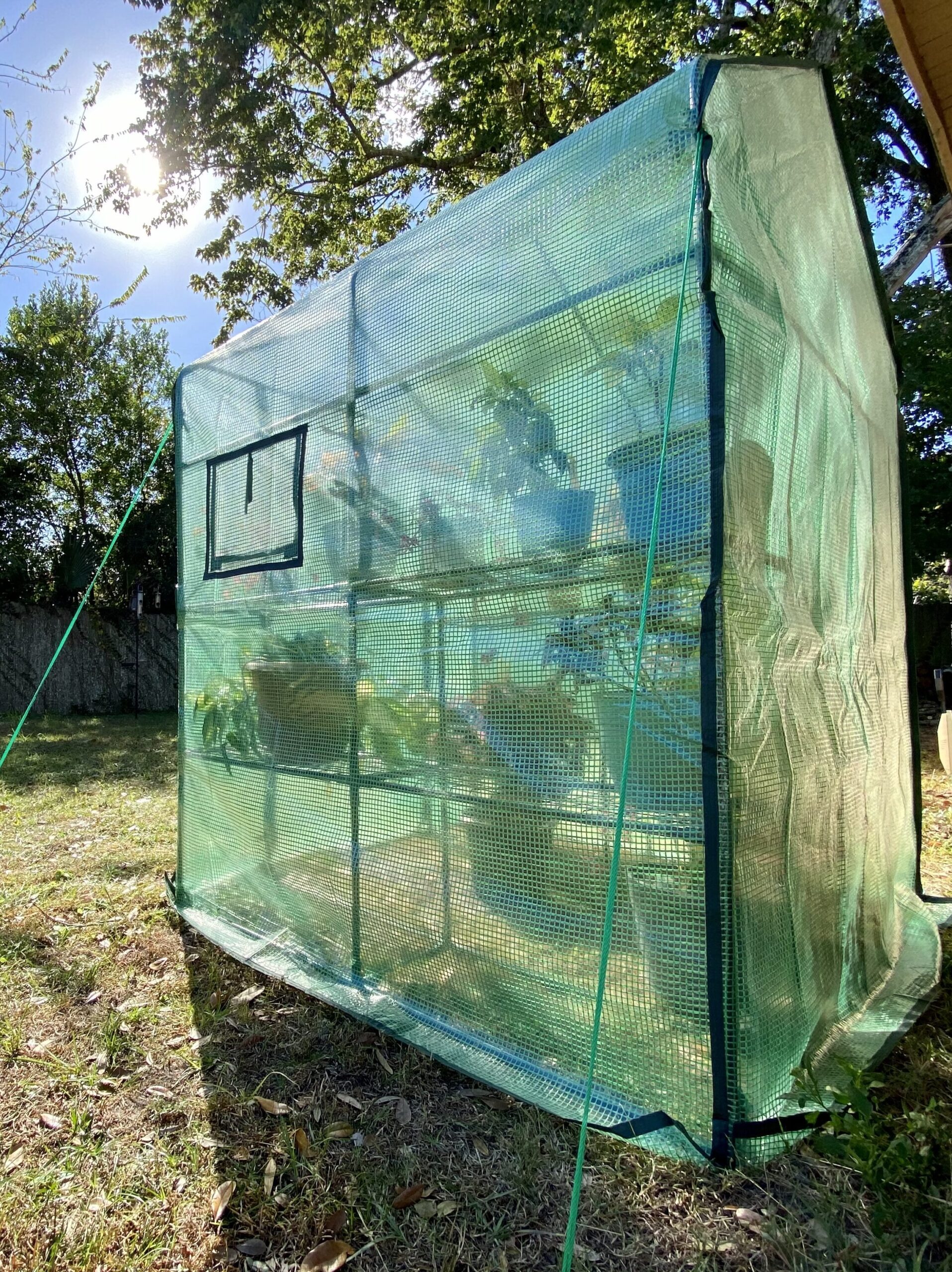
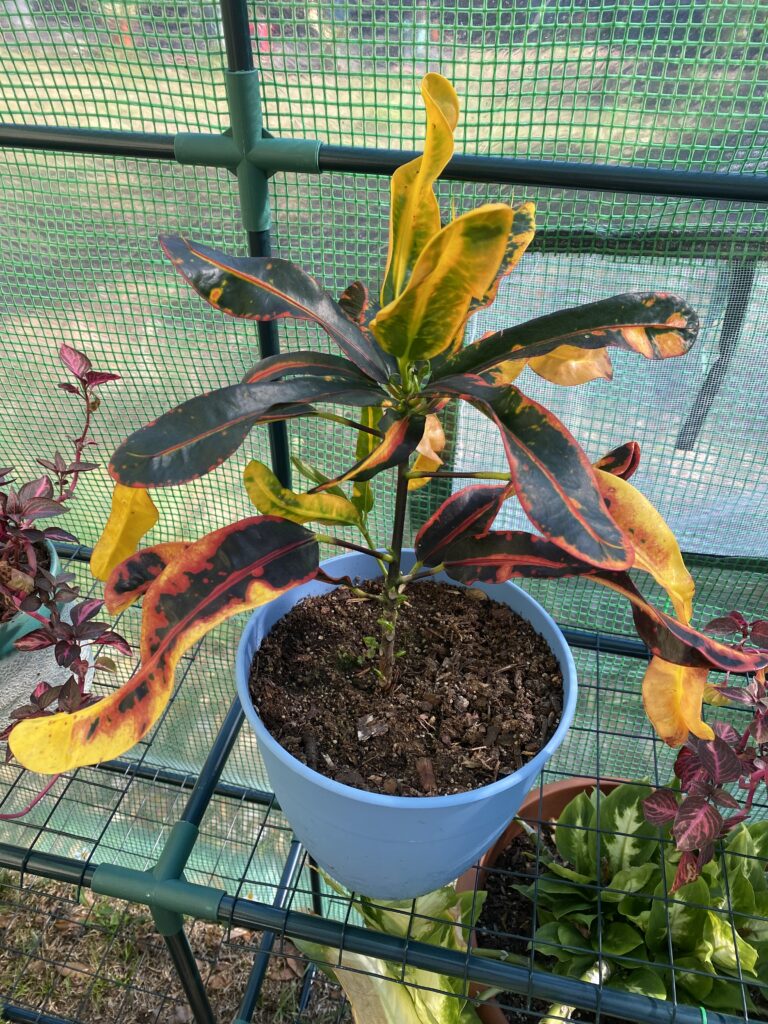
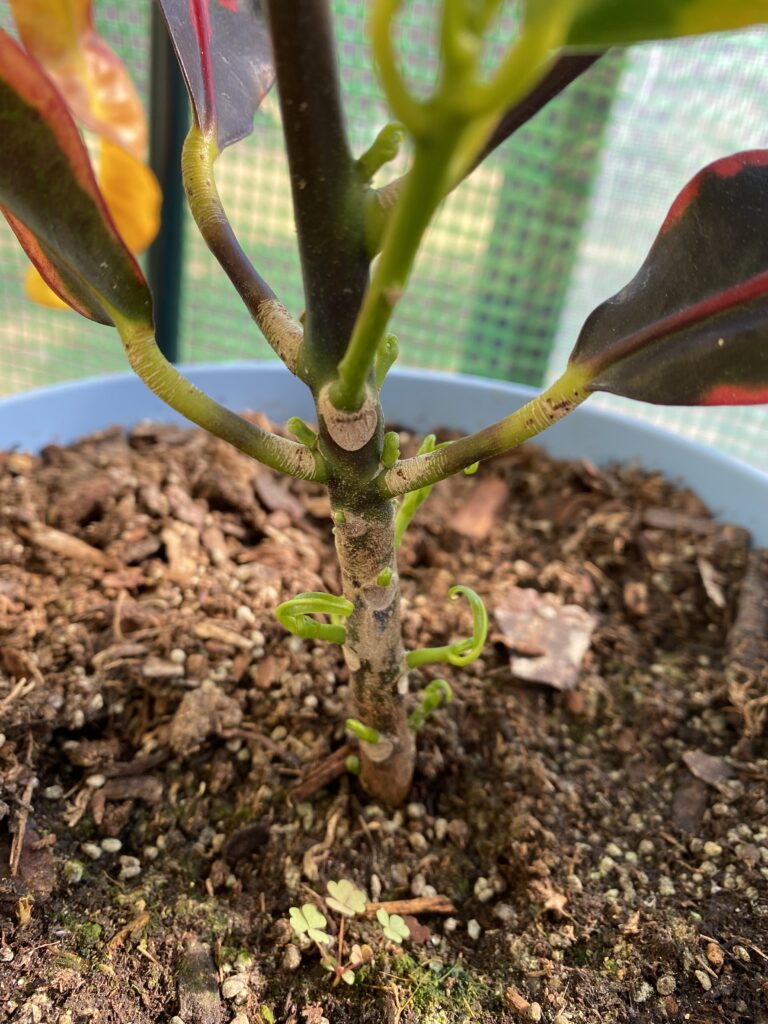
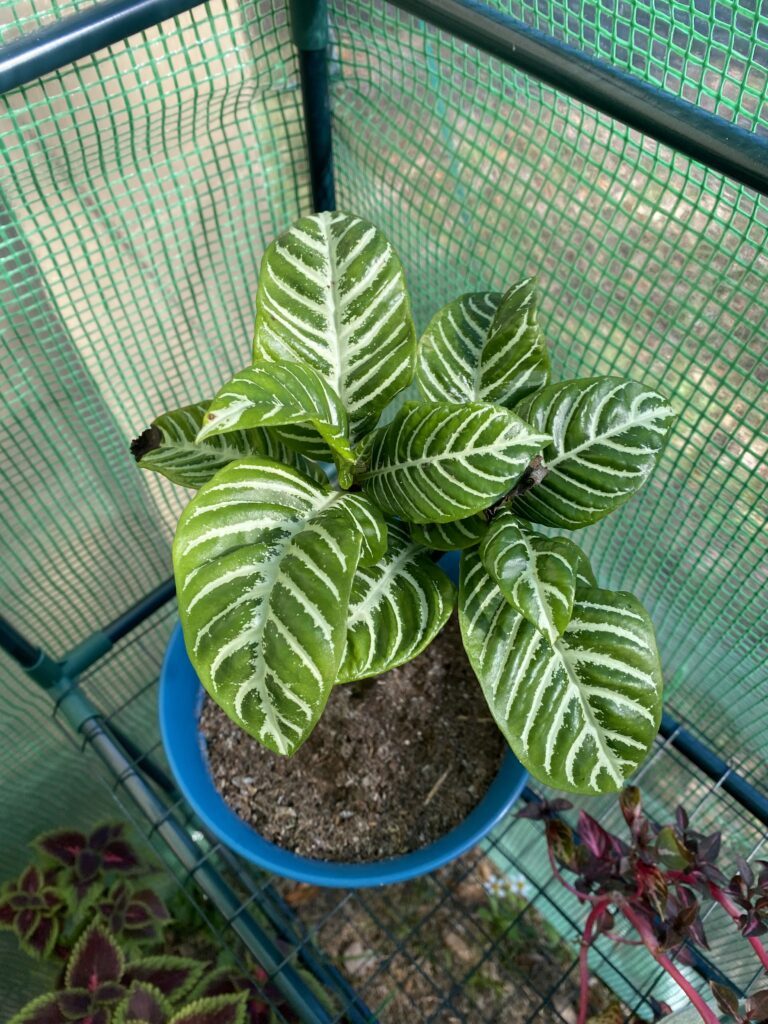
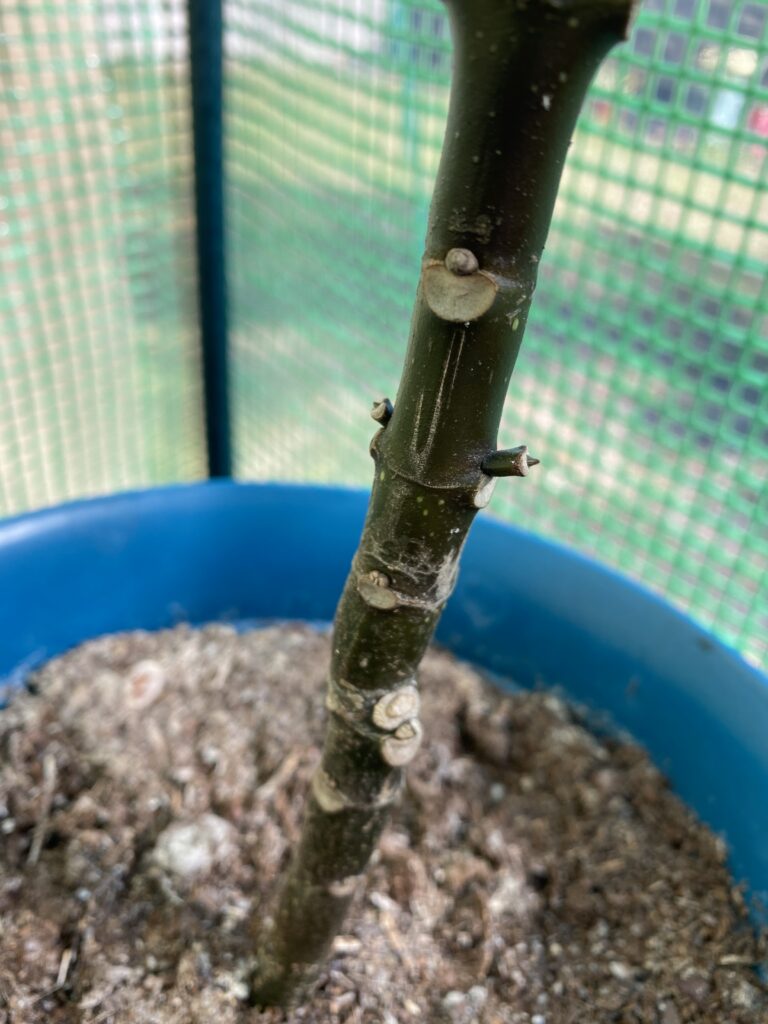
A frightful February night, however, brought 20-something-degree temperatures that damaged many of the once vivacious plants.
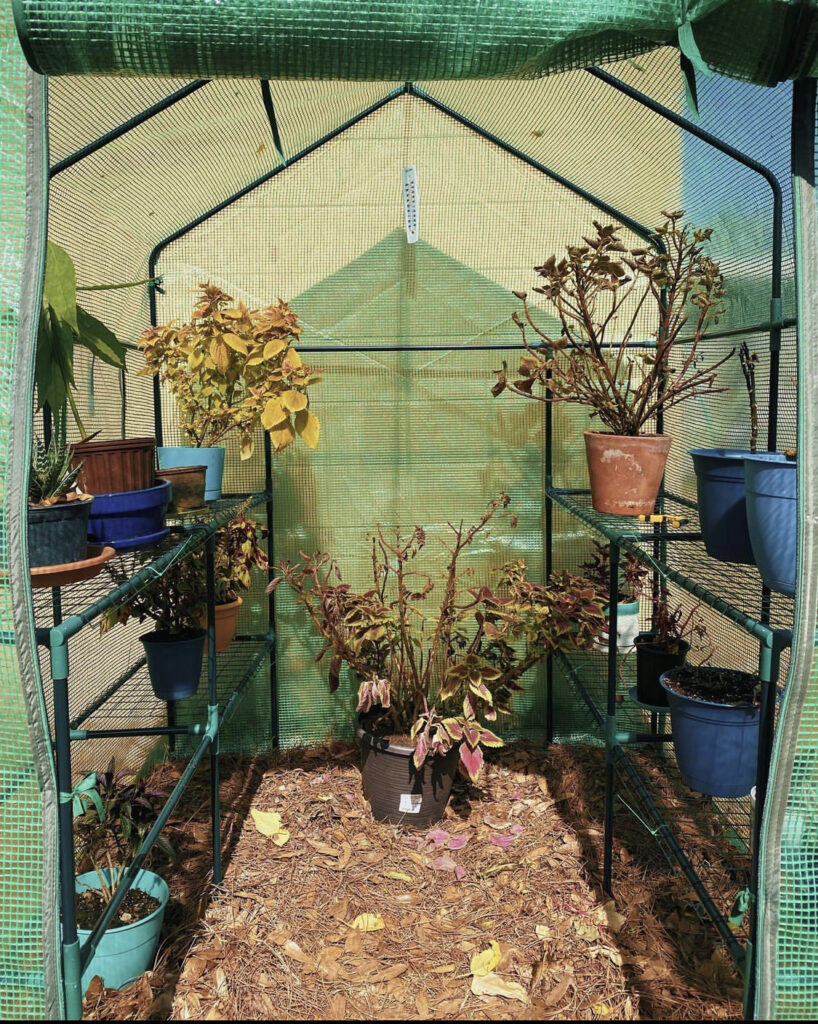
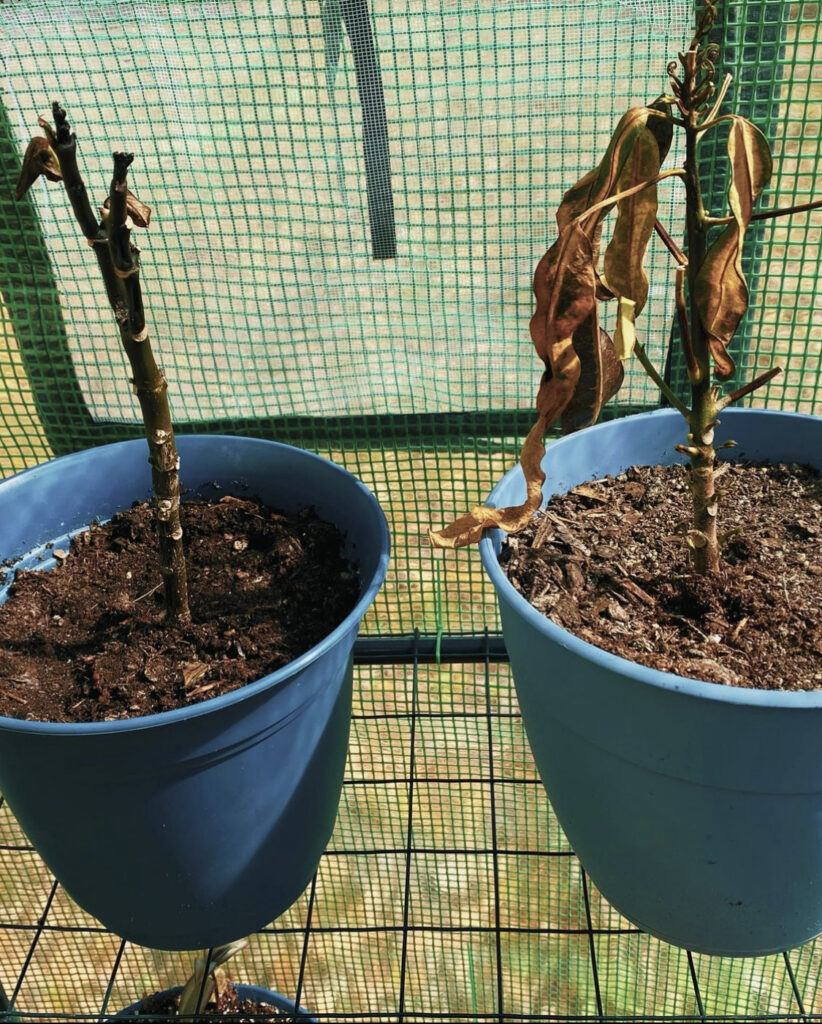
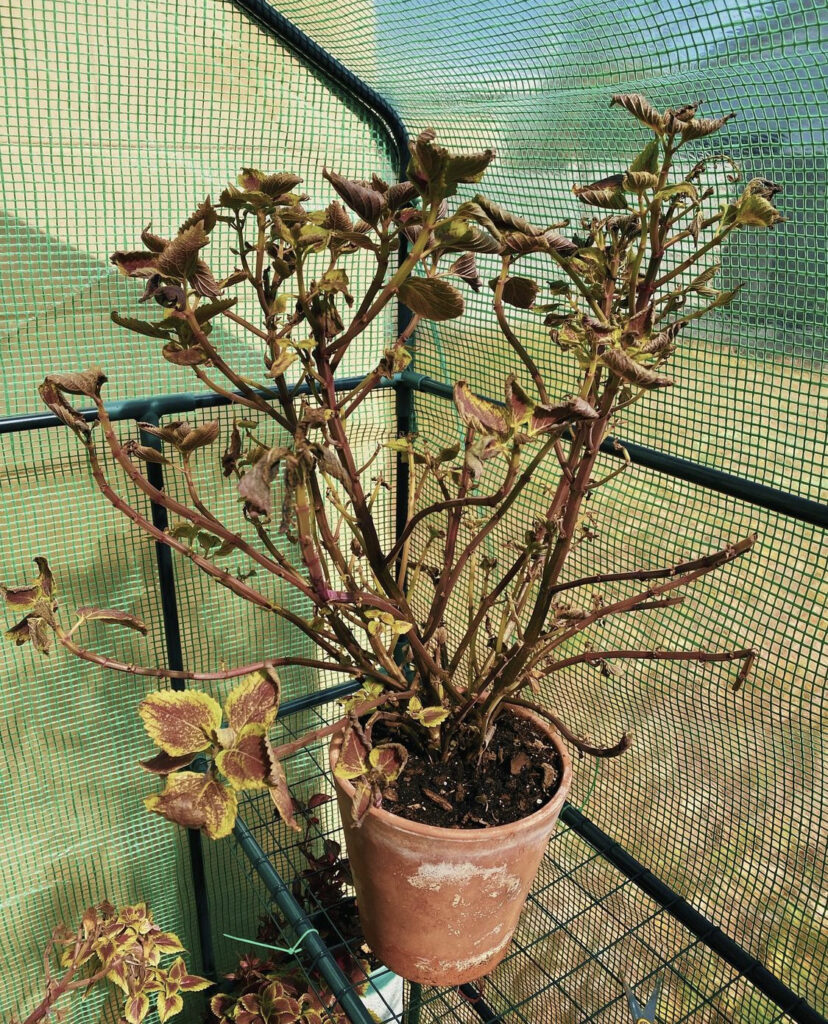
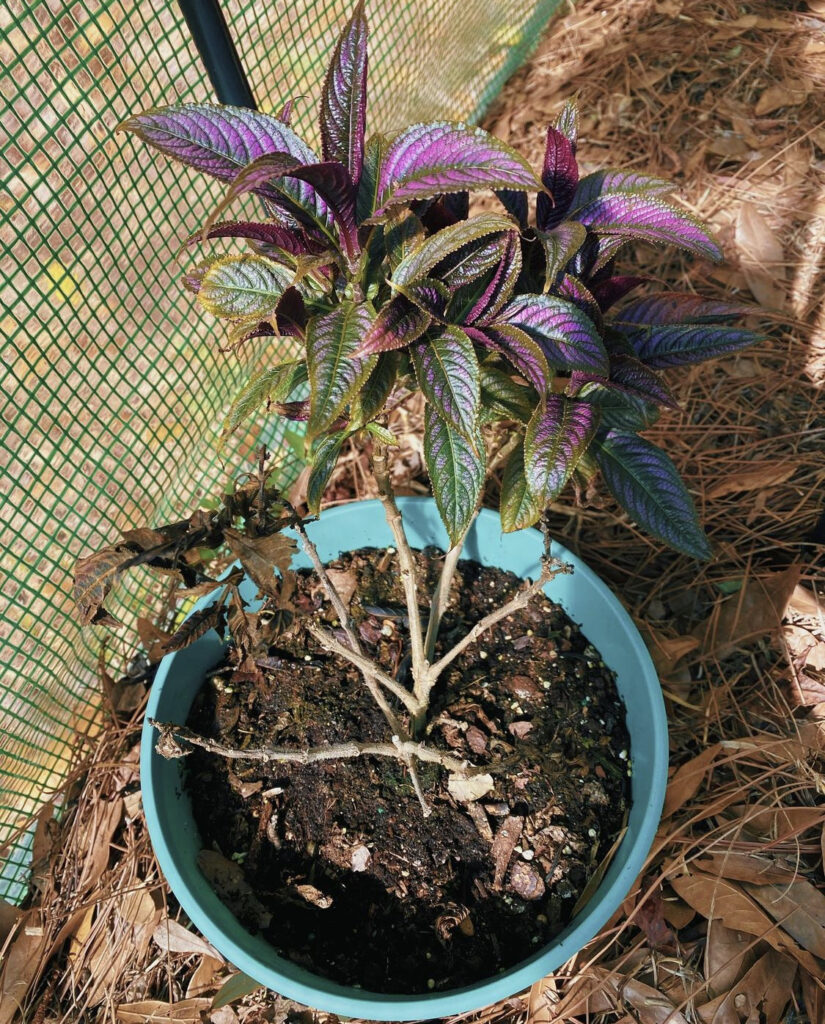
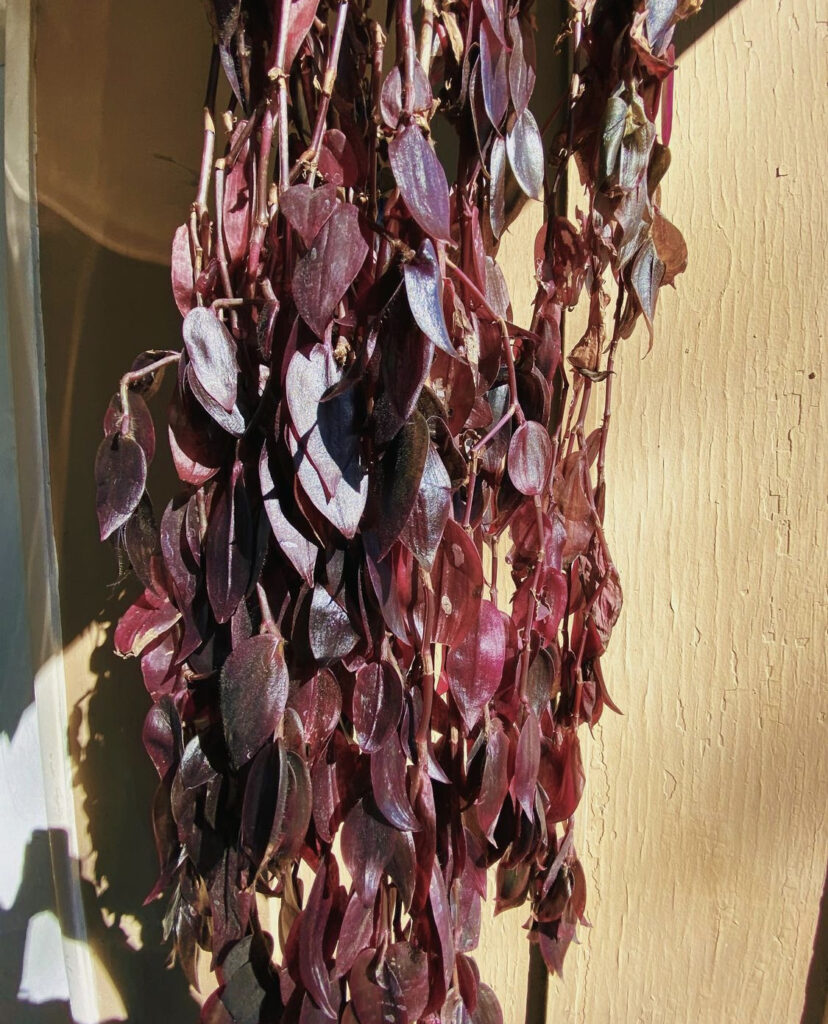
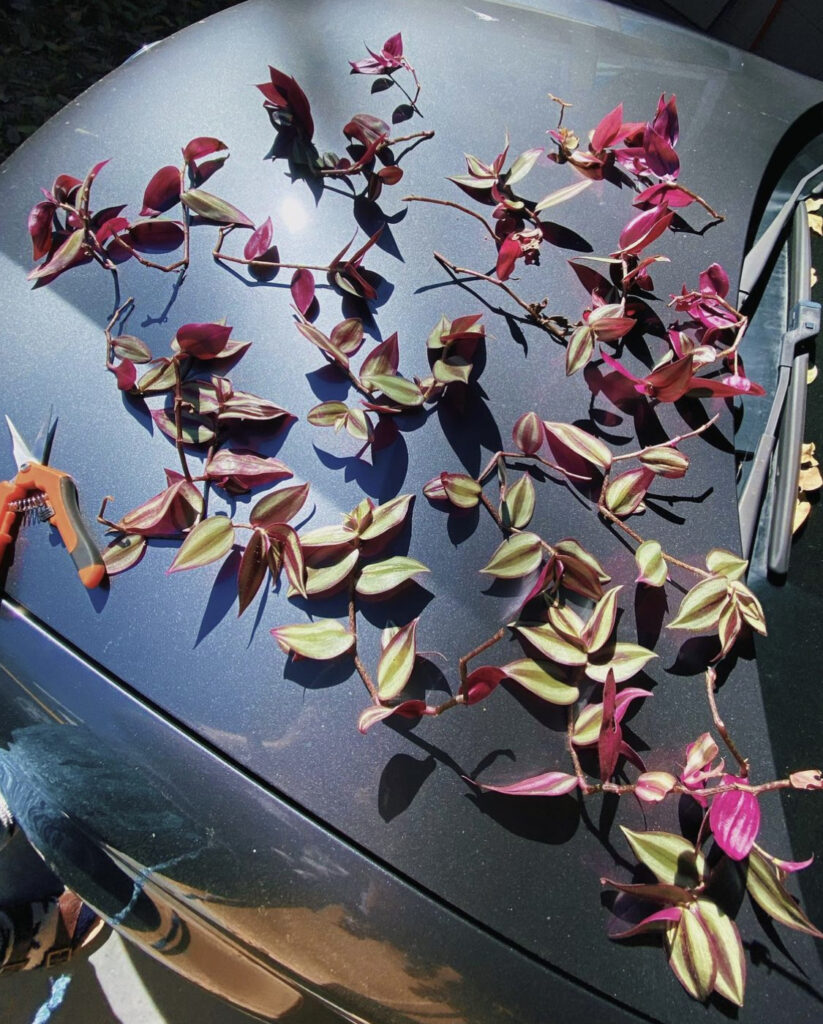
As a result, I started researching more. I learned that our greenhouse only stays about 5 degrees higher than the outside temperature at night; I learned that covering the greenhouse floor in mulch is a way for it to keep more heat; I learned that we should definitely invest in a greenhouse heater for nights that drop too low; finally, I learned that some plants—especially small ones—just need to be brought in (such as the croton and zebra). We don’t have a place inside our house to bring them and don’t want bugs, but we do have a shed that houses our water heater and stays decently warm.
Fortunately, I was able to cut all the live stems off our inch plant (see the last photo above). I dipped them in root growth powder and placed them in water. Thank God for propagation!
Growing plants isn’t all fun, happiness, and beauty. It takes a lot of hard work, a lot of learning, a lot of experience, and a lot of trial and error.
Maybe you’ve experienced this before, or maybe you are even newer to gardening than we are and need to learn from others’ experiences. Take it from us: do a ton of research before winter comes, and only invest in plants that are zoned for your area!

Thanks for your blog, nice to read. Do not stop.
Thank you so much! We’re glad that you have enjoyed it so far.